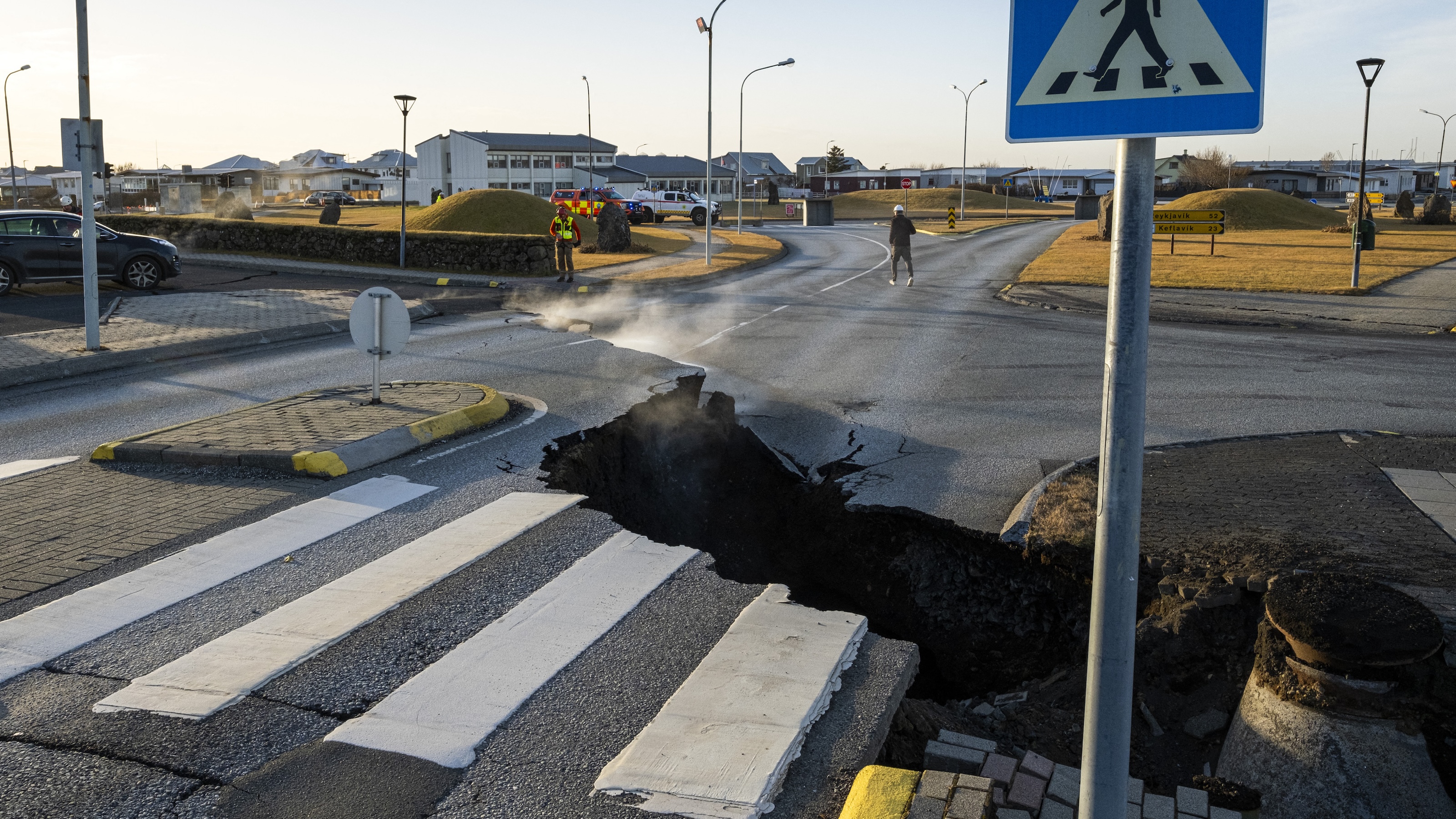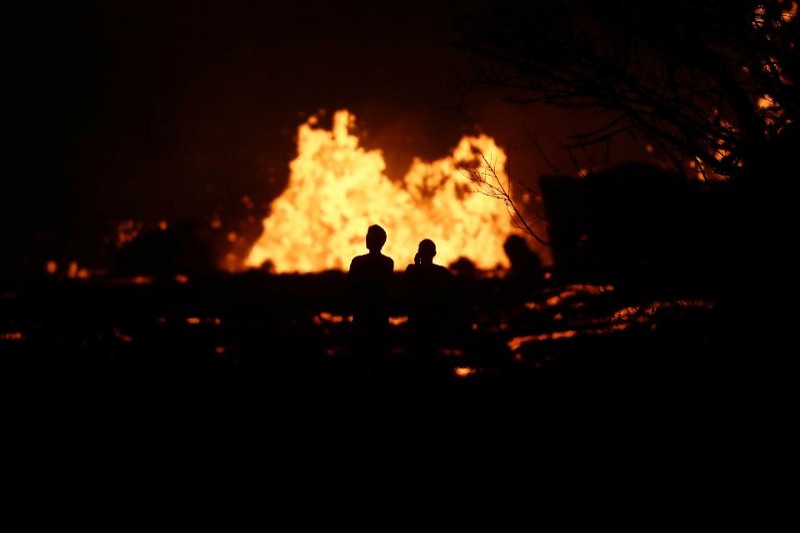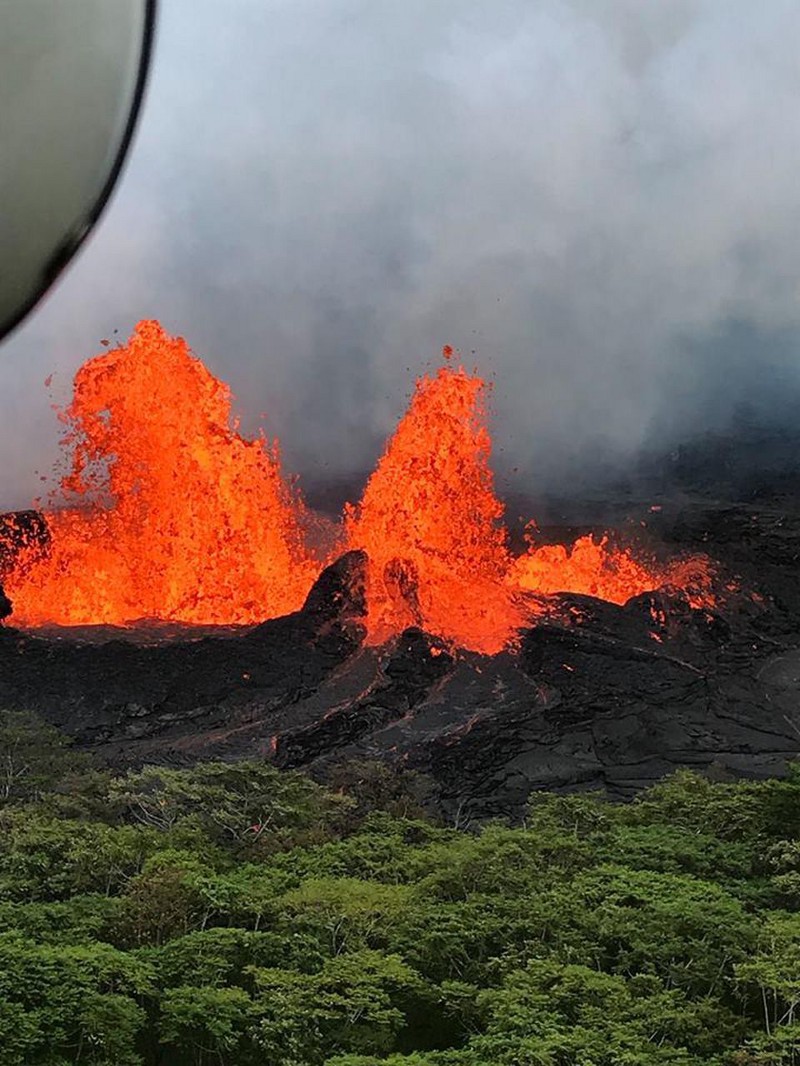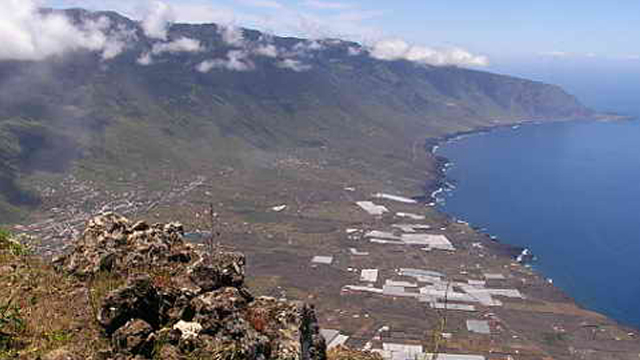GVP Weekly Volcanic Activity Report for January 12-18, 2011
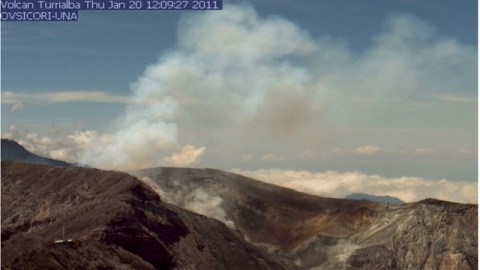
I’ve got a new USGS/Smithsonian Global Volcanism Program Weekly Volcanic Activity Report for a wintry January Thursday.
Some highlights (with post report updates) include:
Russia: The Kamchatkan volcano, Kizimen, has been active all week, producing intermittent plumes that have reached as high as 6 km / ~20,000 feet, along with experiencing over 200 small earthquakes over the last day. The ash from Kizimen is falling on one of the few populated areas of the peninsula, the city of Petropavlovsk. You can also check out KVERT’s latest update to see all the activity along the peninsula, including Karymsky and Shiveluch, which along with Kizimen, sit at orange alert status.
Indonesia: The increasingly active Anak Krakatau has been busy producing ash plumes that have reached 2.5-3 km / 8,000-10,000 feet. Poor weather has not allowed direct monitoring of the activity at the volcano in over a month (Indonesian), however the PVMBG still has the volcano at alert status 2 and earthquakes from the explosions (Indonesian) have reported to have been felt along the coasts of the nearby Java and Sumatra.
Costa Rica: Turrialba has seen an increase of activity at the summit over the last week – most in the form of an marked increase in gas emissions, producing a strong sulfur odor. There appears to be little emissions of ash in the the plumes and any ash has not been of juvenile material, but the steam/gases are very obvious on the Turrialba webcam. Fellow Costa Rican volcano Poás has also been active, producing a number of small phreatic eruptions. You can see a lot of these updates on the Twitter feed for a blog that follows the activity of the Costa Rican volcanoes.
Japan: Usual suspects Sakurajima and Suwanosejima both show up in this week’s report, however, I wanted to mention an article I saw in the Wall Street Journal website. Most of you know I am especially interested in the social aspect of volcanic activity – the resettlement of Chaiten, the evacuation of Manam in Papua New Guinea. Well, this article looks at the island of Miyakejima, also known as Oyama, where people are finally being allowed to return after 11 years. Of course, things are not the same on the island, with over 20% of previously livable land now deemed inhabitable.
Italy: Etna was the big news maker in Italy over the last week, but the NASA Earth Observatory also posted an image captured on January 13 showing the weak plume from remote Stromboli. That image definitely shows how little of the island is populated relative to the size of the volcano – definitely perched on the edge.
Hawai`i: Finally, in Hawai`i, Kilauea continues its relentless march through the Kalapana subdivision and the lava flows destroyed their third house in the past 6 months (video). If that wasn’t enough, there is also a new NASA EO image taken January 15 of the Halema`uma`u Crater area as well.
Top left: A webcam capture on January 20, 2011 of the steaming crater area of Turrialba, Costa Rica.
